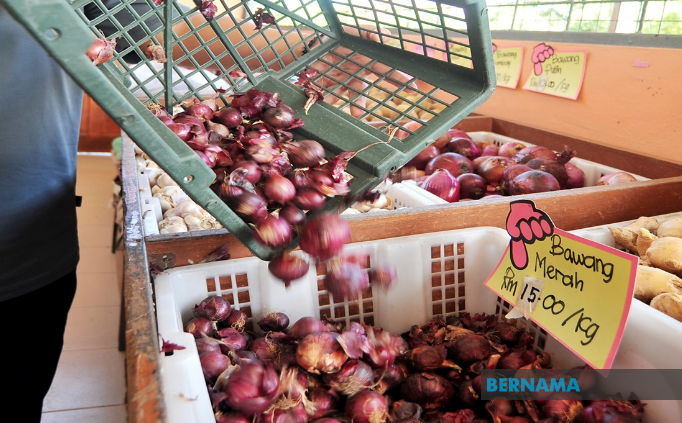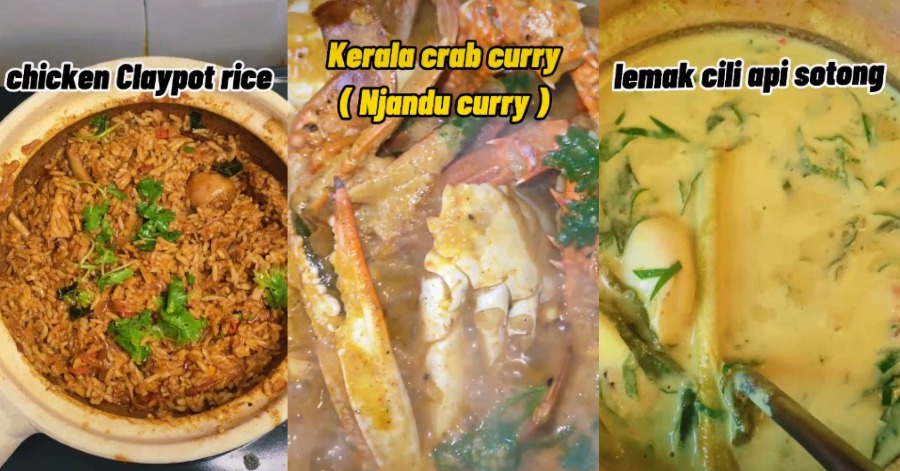PUTRAJAYA, Nov 23 — Malaysia imports onions from various countries and does not rely on a single source to ensure there is enough supply in the local market, said Domestic Trade and Consumer Affairs Minister Datuk Seri Alexander Nanta Linggi.
“If a producing country experiences natural disasters such as drought, floods, and earthquake or imposes economic sanctions, Malaysia will not be affected and there will be no disruption of onion supplies even though there might be a slight impact on the prices,” he said in a statement today.
Malaysia imports onions from 29 countries with five being the largest exporters namely India (36 percent), Pakistan (23 percent), China (19 percent), the Netherlands (nine percent), and Thailand (seven percent), he said.
The import of onions from India stands at 149,539,411kg of the total import and the large amount, according to Nanta, was based on the choice and preference of Malaysians.
Malaysia imports eight types of onions namely the Small Red Onion (India), Big Onion (India), Red Onion (China), Small Red Onion (China), Small Red Rose Onion, Small Red Onion (Myanmar), Small Red Onion (Thailand) and Big Yellow Onion (Holland).
Nanta said the Indian government on Sept 14 imposed an export ban on all types of onions except for Bangalore rose and Krishnapuram onions to cater to domestic demand following floods that hit the country last July.
“Following that, a total of 121 importing companies have increased the volume of imports from other countries such as Pakistan, China, the Netherlands and Thailand,” he said in response to complaints by consumers regarding the supply and prices of onions.
Nanta said the prices of onions are the same as other items which depend on supply and demand.
“When demand exceeds supply, the price will increase. This is what happened to the onions from India which somehow has affected the total supply of onions except for several types of onions such as the Holland onion,” he said.
He said the Domestic Trade and Consumer Affairs Ministry enforcement team would conduct constant monitoring and checks at all levels including the suppliers, wholesalers, and retailers.
The ministry would not hesitate to implement the price control scheme as provided under the Price Control and Anti-Profiteering (Determination of Maximum Price) (No. 2) (Amendment) Order 2020 if the situation is urgent, he added.
Sources: BERNAMA









Leave a Comment